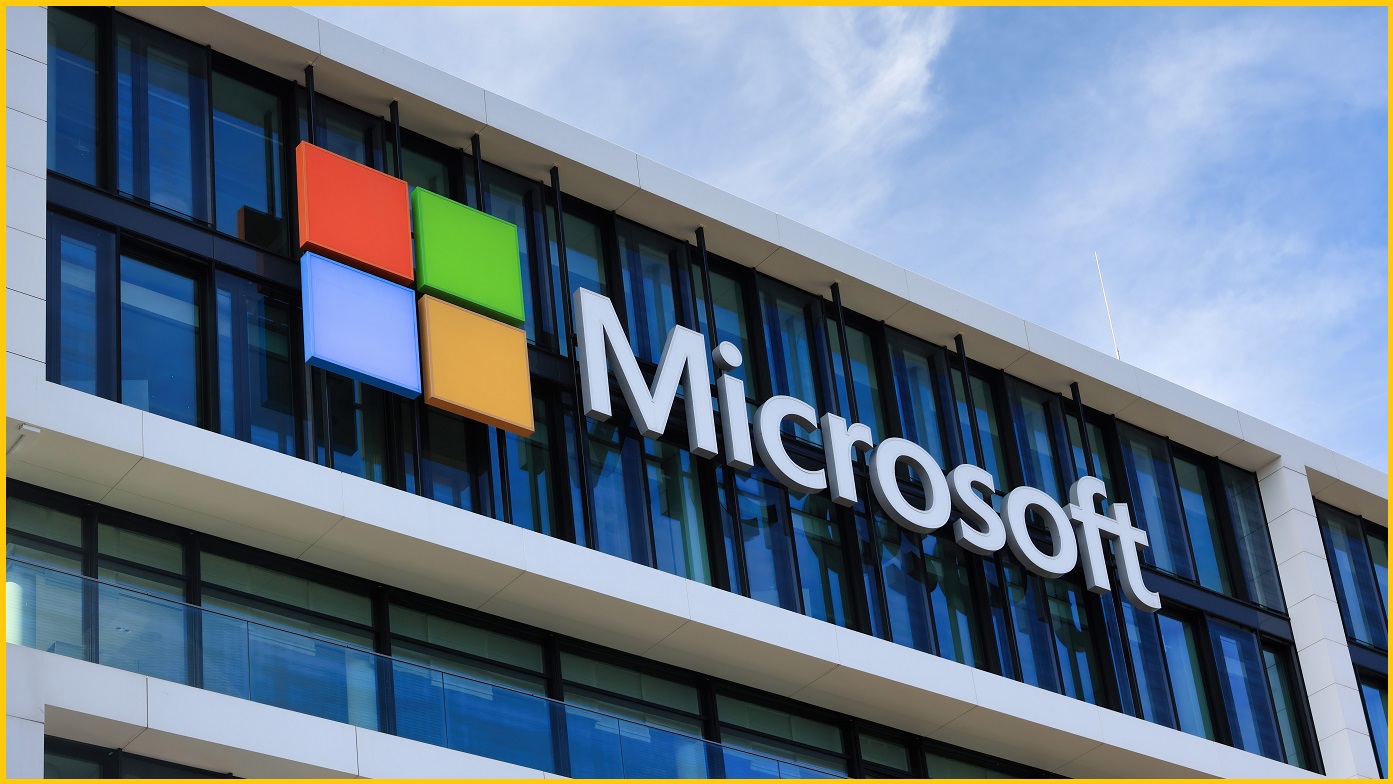US tech giant Microsoft has committed $5 billion to create Australian digital infrastructure that will see it build another nine local data centres, work with the Australian Signals Directorate on a cyber security program, and partner with TAFE NSW for what it calls a Microsoft Datacentre Academy to train people how to use its proprietary cloud products.
The announcement happened as Prime Minister Anthony Albanese was in Washington for a meeting with US President Joe Biden.
In a short speech, Albanese said it was “the first is the investment in AI infrastructure that will make an enormous difference” for Australia and the region.
“The United States is Australia's most important two-way trade partner and Australian investment in the United States has grown substantially in recent time, but we continue to welcome this investment here,” he said.
“So, to Microsoft, we really thank you for this investment.”
Albanese’s government has earmarked just $1 billion from the $15 billion National Reconstruction Fund for its list of ‘critical technologies’ that includes AI, robotics, quantum and bio-technology among others.
ACS President Dr Nick Tate also welcomed Microsoft’s investment, though he expressed concern that “Australian businesses may have been left out of the procurement process for this agreement”.
“With AI being increasing critical to Australia’s economy, it is essential that all stakeholders and the nation’s future needs are considered, and we look forward to the government working with all the IT sector’s stakeholders in ensuring sovereign capacity in this area,” Dr Tate said.
Far from an effort in altruism, Microsoft is spending the money in Australia to build its regional presence and compete with cloud computing rival Amazon Web Services (AWS) which made a similar $13 billion announcement in April.
Microsoft’s partnership with TAFE to optimistically give 300,000 Australians “the capabilities they need to thrive in a cloud and AI-enabled economy” may be more about building an army of Australian Azure evangelists rather than an exercise in training generalist computing skills.
A recent survey found that many organisations feel locked into cloud providers like AWS and Azure and are worried they are forced to cede control over their data and security to multinational corporations with minimal visibility of what happens in the back-end.
According to Microsoft, this will involve threat intelligence data sharing and “detecting, analysing and defending against sophisticated nation-state cyber threats”.
Microsoft and its peers regularly post updates on nation-state hackers.
For example, in July the company published the details of how China-based hackers broke into US government email accounts using vulnerabilities in Microsoft’s cloud productivity suite 365 and went undetected for more than a month.
Hopefully, the collaboration between the Signals Directorate and Microsoft will involve learning how to properly configure Microsoft Azure access tokens – something Microsoft’s own staff have repeatedly failed to do, resulting in the exposure of 38TB of company data (including whole Microsoft employee computer backups) and cyber researchers being able to change Bing search results.
In its press release about the $5 billion investment, Microsoft – which is notorious for its tax minimisation strategies – said it will “ensure that its new data centres in Australia help meet the company’s sustainability goals of being carbon negative, water positive and zero waste by 2030”.
Data centres use an extraordinary amount of water to cool the racks filled with whirring hardware, more so with the rise of AI.
In its latest environmental report, Microsoft reported a 34 per cent increase in its water usage from 2021 to 2022 as it increases AI in its products.










